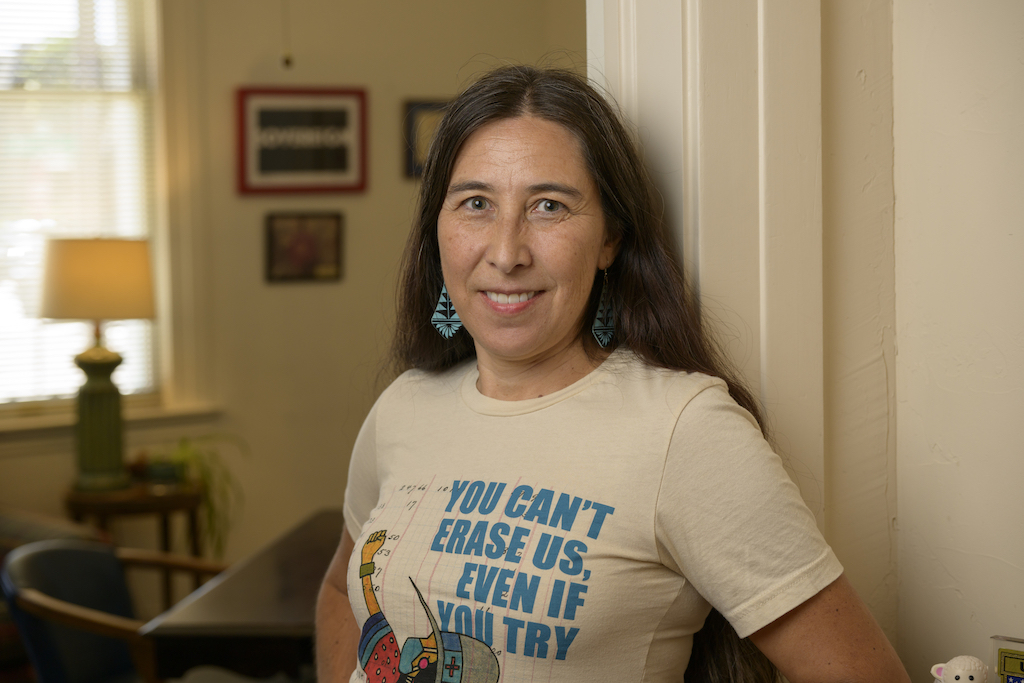Data Uprising: Native American Tribes Demand Control of Their Health Narratives

In a powerful quest for self-determination, American Indian and Alaska Native tribes are challenging long-standing systems of data control, demanding greater autonomy over their health information. These indigenous communities are no longer willing to be passive subjects in research and reporting, but are instead asserting their right to govern, collect, and interpret their own health data.
The movement represents more than just a bureaucratic shift; it's a profound statement of tribal sovereignty and cultural respect. By taking control of their health narratives, these tribes are reclaiming a critical aspect of their community's identity and well-being. They seek to ensure that health data collection reflects their unique cultural contexts, addresses their specific health challenges, and protects their community's privacy and dignity.
This push for data sovereignty goes beyond mere administrative rights. It's about transforming how health information is gathered, understood, and used—centering the experiences and perspectives of indigenous communities themselves. By challenging existing data collection practices, these tribes are advocating for more accurate, culturally sensitive, and meaningful health research that truly serves their populations.
The fight is not just about data—it's about respect, self-determination, and the fundamental right of indigenous communities to tell their own stories and shape their own health futures.
